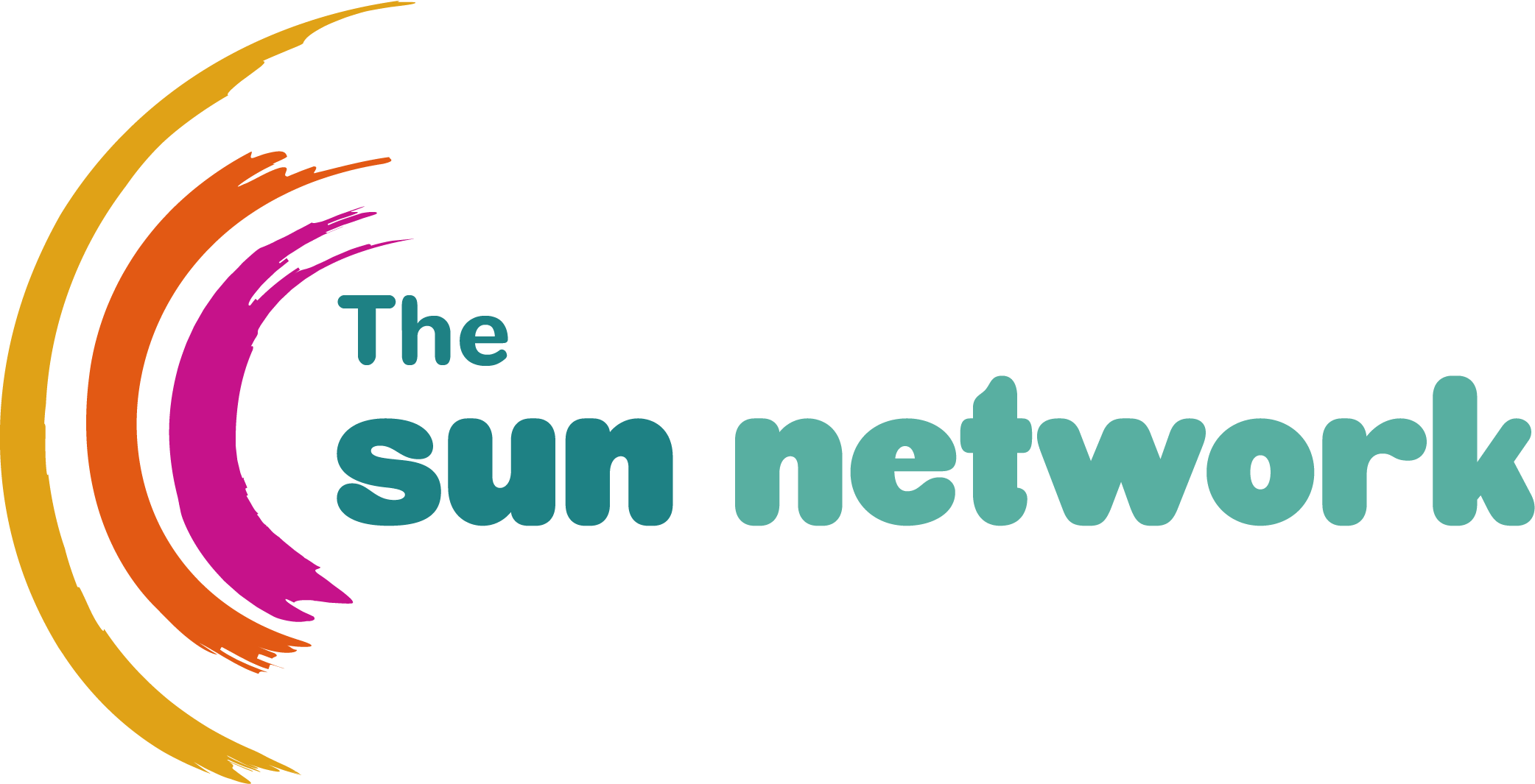Recovering from Addiction
(through Kindness)
Training Outline
See information about the rest of our Training here and contact KC at kc.cade@sunnetwork.org.uk
Audience:
This course is for people (volunteer, worker, family member) who care about someone with addiction; anyone ready to engage in a three hour long course to support another or their own addiction recovery.
Introduction:
Some of my sources include: Gabor Mate, a medical doctor who is considered one of the world experts on addiction. His book ‘In the Realm of Hungry Ghosts’ has over 270 external references. Johan Hari (author of, ‘Chasing the Scream’) has written insightfully on depression but I’d suggest, if nothing else, everyone check out his TED Talk, viewed 9.5 million times on Youtube ‘Everything You Think You Know About Addiction is Wrong‘. Finally, Tara Brach is a PhD psychologist and meditation teacher who brings together western psychology and eastern Buddhism, offering rich resources of guided kindness meditation practices.
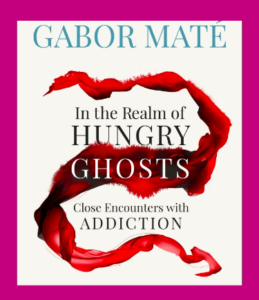
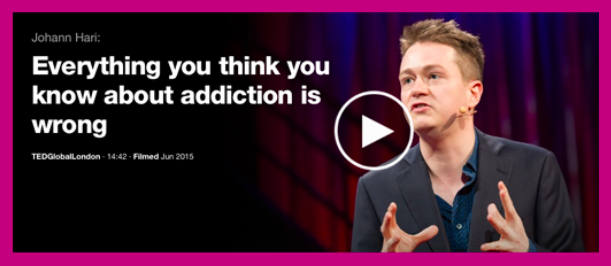

Disclaimer:
A prerequisite for recovering from addiction is something elusive, it’s being ‘ready’. 12 steps communities call it ‘rock bottom’ but it’s something we can’t predict and can’t force. We might not even be able to speed it up. What we can do is try to be available for someone when/if they become ready to recover. Another thing to clarify is that recovery is a bit like grief–you might understand that it happens in stages, but everyone goes through them differently. It’s not sequential; some stages are slower and some might be skipped over or repeated. A respected member of our local recovery communities says about addiction recovery, “There is only one way to recover, and that is your own” (which means to me that everyone’s recovery is unique to them and different from anyone else’s).
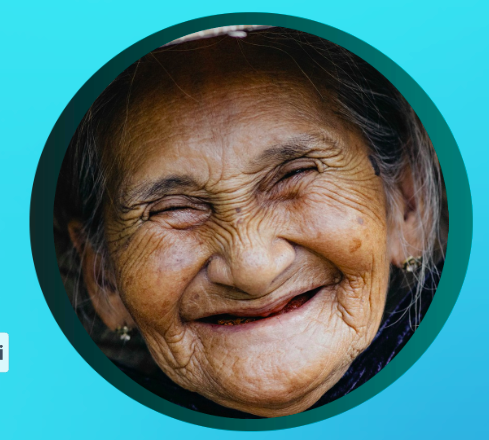
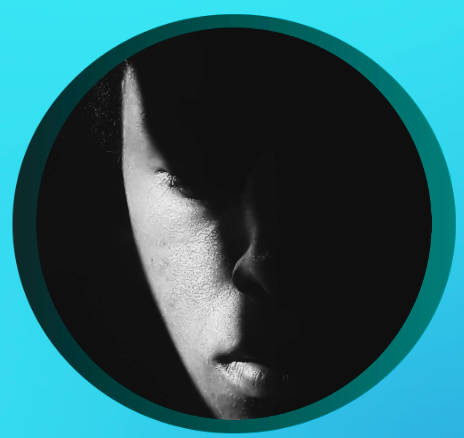
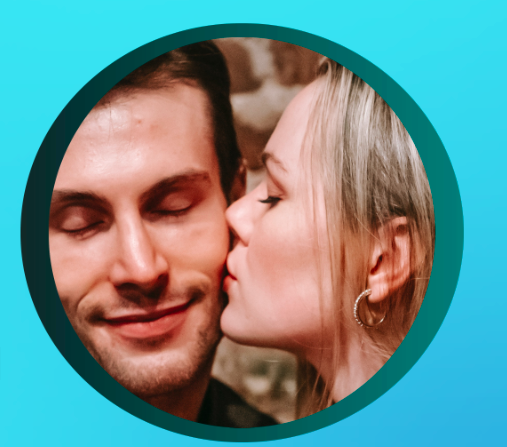
3 Stories:
Snippets of recovery stories from three inspiring people who work hard despite alcohol, heroin, and behavoural addictions that came from extreme childhood trauma, neglect, and sometimes ‘just’ growing up in a ‘normal family’ with typical challenges.
Defining Addiction and a few words about Kindness
We cover a quick summary of ways of viewing addiction from the least kind to the most supportive, while giving space for owning individual responsibility and a wide variety of opinions amongst professionals and the rest of the addiction recovery world.
Addiction can be viewed through many filters. We have a medical definition which helps reduce blame but keeps the focus on the problem and can overemphasise genetics (and misses hope for change). Addiction can be defined psychologically, which is good, but can ignore the important role of the body and the somatic perspective. Definitions that involve communities and families have the advantage of encouraging sharing responsibility and cultivating healthy relational connections which are key to recovery of addiction and other mental health challenges.
Kindness only works with boundaries, something that we have to learn and practice if we have mental health challenges such as addiction. If tough love is removing support to try to force someone to change, then I don’t think that’s the right motivation. If we have to remove ourselves or back away so we don’t enable someone’s actions hurting others, then that sounds like good boundaries–but kindness can still be the how we do the boundaries.
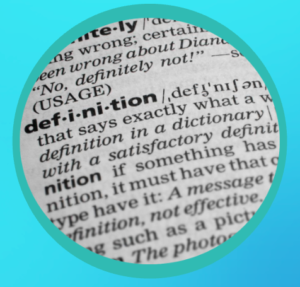

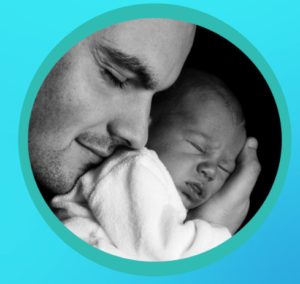
Hope through Kindness
Recovery from addiction starts with kindness. Little Claire’s story of self-care and gentleness is a good example with humour and insight. We might start by finding safe relationships of compassion that allow honesty, vulnerability and perseverance. Kindness is a powerful force that shows hope to someone who often feels despair and thinks of themself as useless. How can I start to show myself kindness? I need someone else to be kind to me. Putting myself in those conversations and places is a crucial action that says, ‘maybe I’m worth love’. We judge ourselves so harshly, so finding a tribe of others with similar experiences can be the beginning of change and healing. When addiction is strong and deeply established, we may have spiraled into self loathing. So we need a community, a tribe, where we can see for ourselves that we aren’t the worst, that recovery is possible, while experiencing kindness for ourselves from others who have been there.
Accept Kindness
Recovery requires acceptance. Even a little is enough to get started. Which is good because if addiction is deeply rooted and long established, we might not be able to accept kindness. But we start accepting that we need to ask for help, accepting that we haven’t managed to sort out our problems on our own so far. It’s humbling to admit that we need help, especially if we have deep shame that has cornered us into a lonely and dark isolation. Christy’s own story of how crucial it was for him to know he was accepted is here and Claire has accepted what heroin did for her the first time she used it.
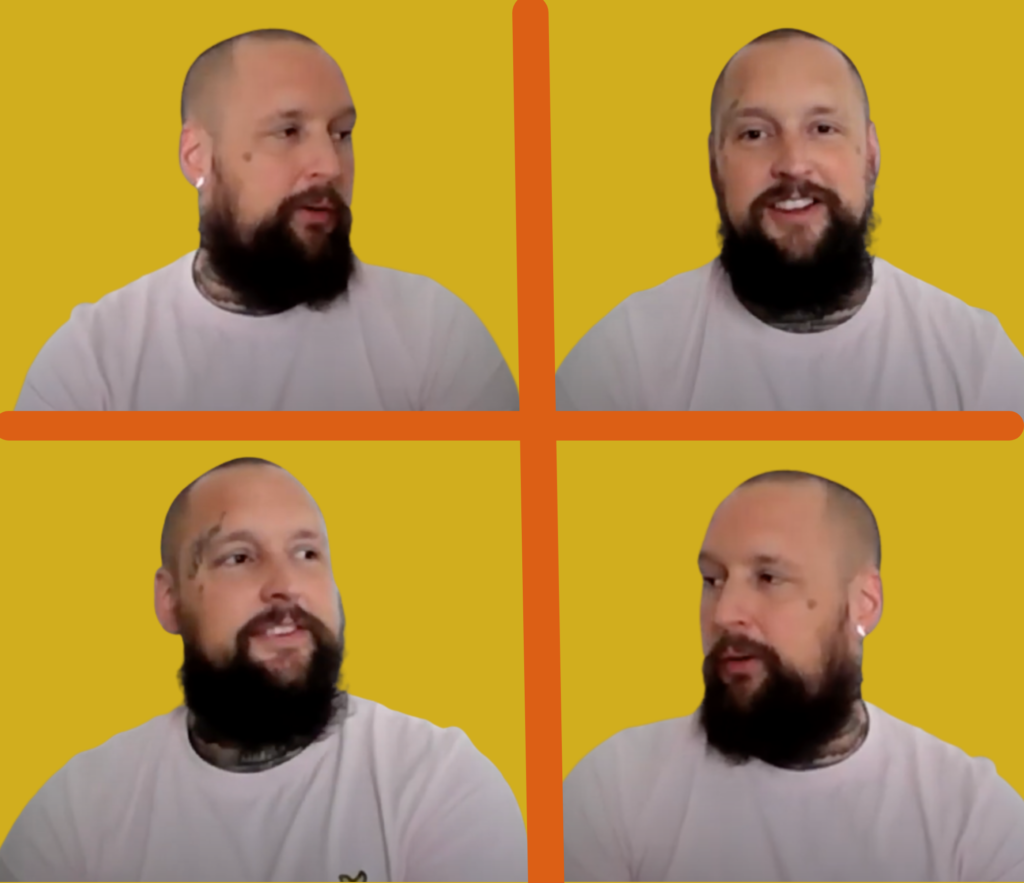
Connect with Kindness:
Notice Christy’s isolation in this part of his story. Connecting with others helps us to feel safe and become ready to start connecting with ourselves (whatever that means). The common unifying source behind addiction is trauma, which happens in families and relationships. So it might not be easy to trust others. Many whose lives have been turned upside down by addiction have had serious abuse, often in childhood. So gentle kindness with safe people where we can practice autonomy and power to make their own decisions is important. But we are social animals. We are wired for connection and to have others in our lives. Recovery involves cultivating connecting actions, habits & practices.
Honesty with Kindness
Why do some behavioural addiction professionals suggest a lie detector test for those who want to recover from addiction? Addiction involves shame and isolation, and escape. So in addiction we lie to ourselves as part of our attempts to cope. We lie to others to hide and cover our addictive behaviours and over time we don’t always realise how much we avoid the truth. So an important practice in recovery is honesty. As we experience kindness and compassion we can admit to things that were too much to face. Our self esteem grows as we become ready to face the truth and we can strengthen our character, take responsibility for our own actions and forgive others’ mistakes and eventually could we consider forgiving ourselves?
Helping with Kindness:
Getting help is important. We hope everyone can work on their mental health through therapy. But an important part of recovery that we don’t get in therapy is the opportunity and encouragement to offer help to others. If we wait until everyone has recovered completely before inviting them to serve others, we will deprive them of an important part of their own recovery. We find meaning, we feel good about ourselves, we make a difference and we enjoy the satisfaction of practicing kindness to others. The therapeutic and healing benefit of practicing kindness is significant. This strengthens our self-worth, both offering help, and (sometimes much harder) asking and allowing offers of help.
Feel with Kindness:
Addiction is a problem with how we regulate and process emotions. So we will only get so far with distracting and diverting from our feelings. So for recovery we need to learn and practice feeling those pesky feelings. We practice mindfulness where we dare to slow down, accept our feelings and gently rewire our brains to enjoy simple easy and healthy soothing while we wean ourselves off the intense dopamine and wild peaks and valleys that were both appealing and destructive. The benefit of my first months of mindfulness were not what I expected. Yet I still enjoy a version of it today and can see how my perfectionism and harsh self-talk has eased.
Practice with Kindness:
Mindfulness or meditation helps wellbeing in so many ways. R.A.I.N. taught by Tara Brach and invoking a specific feeling of love both help KC. You can try them (but avoid intense trauma if you think it might overwhelm you). With time, practicing recovery we find a new ability to feel our feelings, to accept our mistakes and face and process our shame. We build and take care of our own unique toolkit of the things that work for us, which might include practicing gratitude, affirmations and things as simple as noticing and appreciating our own and others’ laughter. When addiction is deeply ingrained it is a sort of self-harm. So healing involved taking care of ourselves–including our bodies.
Conclusion:
A story of a friend in recovery starts with the despair and depth of addiction but beautifully demonstrate hope as we hear of his progress and his hard fought recovery. The optimism from his improvement shows that with hard work and support, though not easy or guaranteed, healing is possible and does happen.

Recovering from Addiction
(through Kindness)
Training Outline
See information about the rest of our Training here and contact KC at kc.cade@sunnetwork.org.uk
Audience:
This course is for people (volunteer, worker, family member) who care about someone with addiction; anyone ready to engage in a three hour long course to support another or their own addiction recovery.
Introduction:
Some of my sources include: Gabor Mate, a medical doctor who is considered one of the world experts on addiction. His book ‘In the Realm of Hungry Ghosts’ has over 270 external references. Johan Hari (author of, ‘Chasing the Scream’) has written insightfully on depression but I’d suggest, if nothing else, everyone check out his TED Talk, viewed 9.5 million times on Youtube ‘Everything You Think You Know About Addiction is Wrong‘. Finally, Tara Brach is a PhD psychologist and meditation teacher who brings together western psychology and eastern Buddhism, offering rich resources of guided kindness meditation practices.



Disclaimer:
A prerequisite for recovering from addiction is something elusive, it’s being ‘ready’. 12 steps communities call it ‘rock bottom’ but it’s something we can’t predict and can’t force. We might not even be able to speed it up. What we can do is try to be available for someone when/if they become ready to recover. Another thing to clarify is that recovery is a bit like grief–you might understand that it happens in stages, but everyone goes through them differently. It’s not sequential; some stages are slower and some might be skipped over or repeated. A respected member of our local recovery communities says about addiction recovery, “There is only one way to recover, and that is your own” (which means to me that everyone’s recovery is unique to them and different from anyone else’s).



3 Stories:
Snippets of recovery stories from three inspiring people who work hard despite alcohol, heroin, and behavoural addictions that came from extreme childhood trauma, neglect, and sometimes ‘just’ growing up in a ‘normal family’ with typical challenges.
Defining Addiction and a few words about Kindness
We cover a quick summary of ways of viewing addiction from the least kind to the most supportive, while giving space for owning individual responsibility and a wide variety of opinions amongst professionals and the rest of the addiction recovery world.
Addiction can be viewed through many filters. We have a medical definition which helps reduce blame but keeps the focus on the problem and can overemphasise genetics (and misses hope for change). Addiction can be defined psychologically, which is good, but can ignore the important role of the body and the somatic perspective. Definitions that involve communities and families have the advantage of encouraging sharing responsibility and cultivating healthy relational connections which are key to recovery of addiction and other mental health challenges.
Kindness only works with boundaries, something that we have to learn and practice if we have mental health challenges such as addiction. If tough love is removing support to try to force someone to change, then I don’t think that’s the right motivation. If we have to remove ourselves or back away so we don’t enable someone’s actions hurting others, then that sounds like good boundaries–but kindness can still be the how we do the boundaries.



Hope through Kindness
Recovery from addiction starts with kindness. Little Claire’s story of self-care and gentleness is a good example with humour and insight. We might start by finding safe relationships of compassion that allow honesty, vulnerability and perseverance. Kindness is a powerful force that shows hope to someone who often feels despair and thinks of themself as useless. How can I start to show myself kindness? I need someone else to be kind to me. Putting myself in those conversations and places is a crucial action that says, ‘maybe I’m worth love’. We judge ourselves so harshly, so finding a tribe of others with similar experiences can be the beginning of change and healing. When addiction is strong and deeply established, we may have spiraled into self loathing. So we need a community, a tribe, where we can see for ourselves that we aren’t the worst, that recovery is possible, while experiencing kindness for ourselves from others who have been there.
Accept Kindness
Recovery requires acceptance. Even a little is enough to get started. Which is good because if addiction is deeply rooted and long established, we might not be able to accept kindness. But we start accepting that we need to ask for help, accepting that we haven’t managed to sort out our problems on our own so far. It’s humbling to admit that we need help, especially if we have deep shame that has cornered us into a lonely and dark isolation. Christy’s own story of how crucial it was for him to know he was accepted is here and Claire has accepted what heroin did for her the first time she used it.

Connect with Kindness:
Notice Christy’s isolation in this part of his story. Connecting with others helps us to feel safe and become ready to start connecting with ourselves (whatever that means). The common unifying source behind addiction is trauma, which happens in families and relationships. So it might not be easy to trust others. Many whose lives have been turned upside down by addiction have had serious abuse, often in childhood. So gentle kindness with safe people where we can practice autonomy and power to make their own decisions is important. But we are social animals. We are wired for connection and to have others in our lives. Recovery involves cultivating connecting actions, habits & practices.
Honesty with Kindness
Why do some behavioural addiction professionals suggest a lie detector test for those who want to recover from addiction? Addiction involves shame and isolation, and escape. So in addiction we lie to ourselves as part of our attempts to cope. We lie to others to hide and cover our addictive behaviours and over time we don’t always realise how much we avoid the truth. So an important practice in recovery is honesty. As we experience kindness and compassion we can admit to things that were too much to face. Our self esteem grows as we become ready to face the truth and we can strengthen our character, take responsibility for our own actions and forgive others’ mistakes and eventually could we consider forgiving ourselves?
Helping with Kindness:
Getting help is important. We hope everyone can work on their mental health through therapy. But an important part of recovery that we don’t get in therapy is the opportunity and encouragement to offer help to others. If we wait until everyone has recovered completely before inviting them to serve others, we will deprive them of an important part of their own recovery. We find meaning, we feel good about ourselves, we make a difference and we enjoy the satisfaction of practicing kindness to others. The therapeutic and healing benefit of practicing kindness is significant. This strengthens our self-worth, both offering help, and (sometimes much harder) asking and allowing offers of help.
Feel with Kindness:
Addiction is a problem with how we regulate and process emotions. So we will only get so far with distracting and diverting from our feelings. So for recovery we need to learn and practice feeling those pesky feelings. We practice mindfulness where we dare to slow down, accept our feelings and gently rewire our brains to enjoy simple easy and healthy soothing while we wean ourselves off the intense dopamine and wild peaks and valleys that were both appealing and destructive. The benefit of my first months of mindfulness were not what I expected. Yet I still enjoy a version of it today and can see how my perfectionism and harsh self-talk has eased.
Practice with Kindness:
Mindfulness or meditation helps wellbeing in so many ways. R.A.I.N. taught by Tara Brach and invoking a specific feeling of love both help KC. You can try them (but avoid intense trauma if you think it might overwhelm you). With time, practicing recovery we find a new ability to feel our feelings, to accept our mistakes and face and process our shame. We build and take care of our own unique toolkit of the things that work for us, which might include practicing gratitude, affirmations and things as simple as noticing and appreciating our own and others’ laughter. When addiction is deeply ingrained it is a sort of self-harm. So healing involved taking care of ourselves–including our bodies.
Conclusion:
A story of a friend in recovery starts with the despair and depth of addiction but beautifully demonstrate hope as we hear of his progress and his hard fought recovery. The optimism from his improvement shows that with hard work and support, though not easy or guaranteed, healing is possible and does happen.

